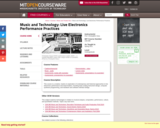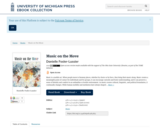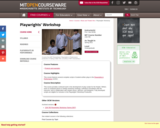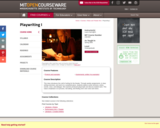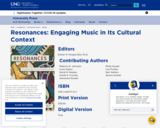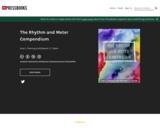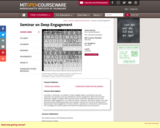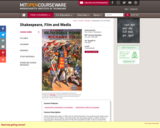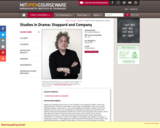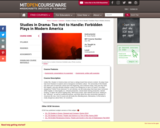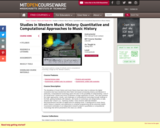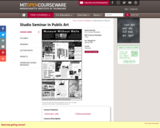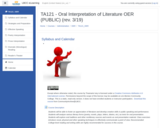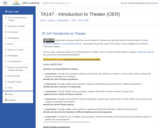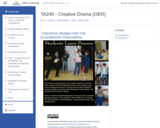Investigates relationships between the two media, including film adaptations as well as works linked by genre, topic, and style. Explores how artworks challenge and cross cultural, political, and aesthetic boundaries. Topic for Fall: Shakespeare, Film, and Media. Meets with CMS.840, but assignments differ. Filmed Shakespeare began in 1899, with Sir Herbert Beerbohm Tree performing the death scene from King John for the camera. Sarah Bernhardt, who had played Hamlet a number of times in her long career, filmed the duel scene for the Paris Exposition of 1900. In the era of silent film (1895-1929) several hundred Shakespeare films were made in England, France Germany and the United States, Even without the spoken word, Shakespeare was popular in the new medium. The first half-century of sound included many of the most highly regarded Shakespeare films, among them -- Laurence Olivier's Hamlet and Henry V, Orson Welles' Othello and Chimes at Midnight, Kurosawa's Throne of Blood, Polanski's Macbeth and Zeffirelli's Romeo and Juliet. We are now in the midst of an extremely rich and varied period for Shakespeare on film which began with the release of Kenneth Branagh's Henry V in 1989 and includes such films as Richard Loncraine's Richard III, Julie Taymor's Titus, Zeffirelli and Almereyda's Hamlet films, Baz Luhrmann's William Shakespeare's Romeo + Juliet, and Shakespeare in Love. The phenomenon of filmed Shakespeare raises many questions for literary and media studies about adaptation, authorship, the status of "classic" texts and their variant forms, the role of Shakespeare in youth and popular culture, and the transition from manuscript, book and stage to the modern medium of film and its recent digitally inflected forms. Most of our work will involve individual and group analysis of the "film text" -- that is, of specific sequences in the films, aided by videotape, DVD, the Shakespeare Electronic Archive (http://shea.mit.edu), and some of the software tools for video annoatation developed by the MIT Shakespeare Project under the MIT-Microsoft iCampus Initiative. We will study the films as works of art in their own right, and try to understand the means -- literary, dramatic, performative, cinematic -- by which they engage audiences and create meaning. With Shakespeare film as example, we will discuss how stories cross time, culture and media, and reflect on the benefits as well as the limitations of such migration. The class will be conducted as a structured discussion, punctuated by student presentations and "mini-lectures" by the instructor. Students will introduce discussions, prepare clips and examples, and the major "written" work will take the form of presentations to the class and multimedia annotations as well as conventional short essays. The methodological bias of the class is close "reading" of both text and film. This is a class in which your insights will form a major part of the work and will be the basis of a large fraction of class discussion. You will need to read carefully, to watch and listen to the films carefully, and develop effective ways of conveying your ideas to the class.
